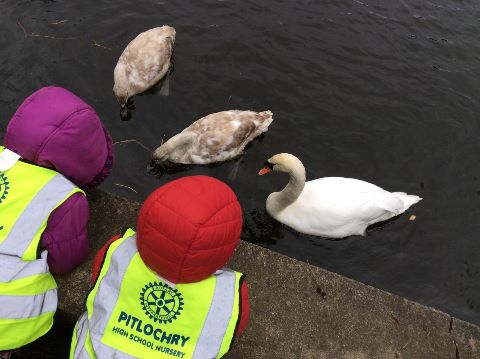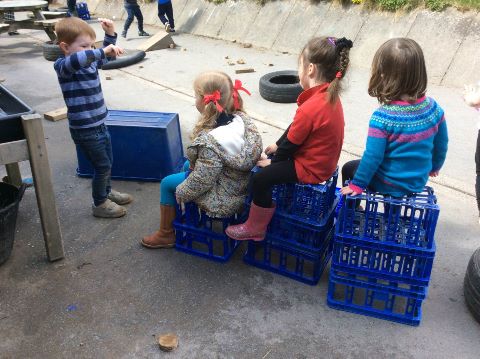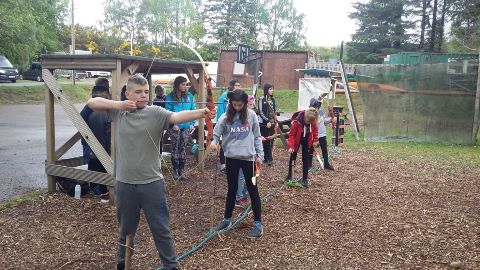NSPCC Resource 25 June 2020
While children aren’t in school we are very aware that there are some who are at significant risk of abuse and we also know that every child’s mental health will be impacted by what’s happened. At the heart of our “Speak Out Stay Safe” programme is the key message that children should speak out to tell someone they trust if they are worried or frightened about anything at all.
There is a Virtual Assembly on Facebook for P4-7, featuring special appearances from Ant & Dec and David Walliams– it can be viewed on Facebook here This complements our face to face assembly and could be great starting point for some learning and support for children.
The Contacting Childline video embedded in the film can be viewed separately here
Other NSPCC resources to support Primary School Age children
The Childline website is a brilliant source of information, advice and support for children and young people. In school we promote contact with Childline by phone 0800 1111 and via the website www.childline.org.uk/kids The only change for Childline right now is that children and young people can only speak on the phone or use 1-2-1 Chat between 9am and midnight. They can still send emails at any time and these will be answered in the usual 24 hour time frame. For any children with a hearing impairment, the Deaf Zone is an additional resource on the website.
Net Aware includes advice from O2 and NSPCC experts on the social media apps and platforms kids are using. It covers the latest trends and most pressing issues facing kids online, helping parents, carers and young people to stay on top of things.
NSPCC Resources for parents, carers and professionals
NSPCC has created a range of support resources for parents.
The NSPCC Adult Helpline is also an important source of support for anyone concerned about the safety of a child – adults can call 0808 800 5000 or report concerns online.





